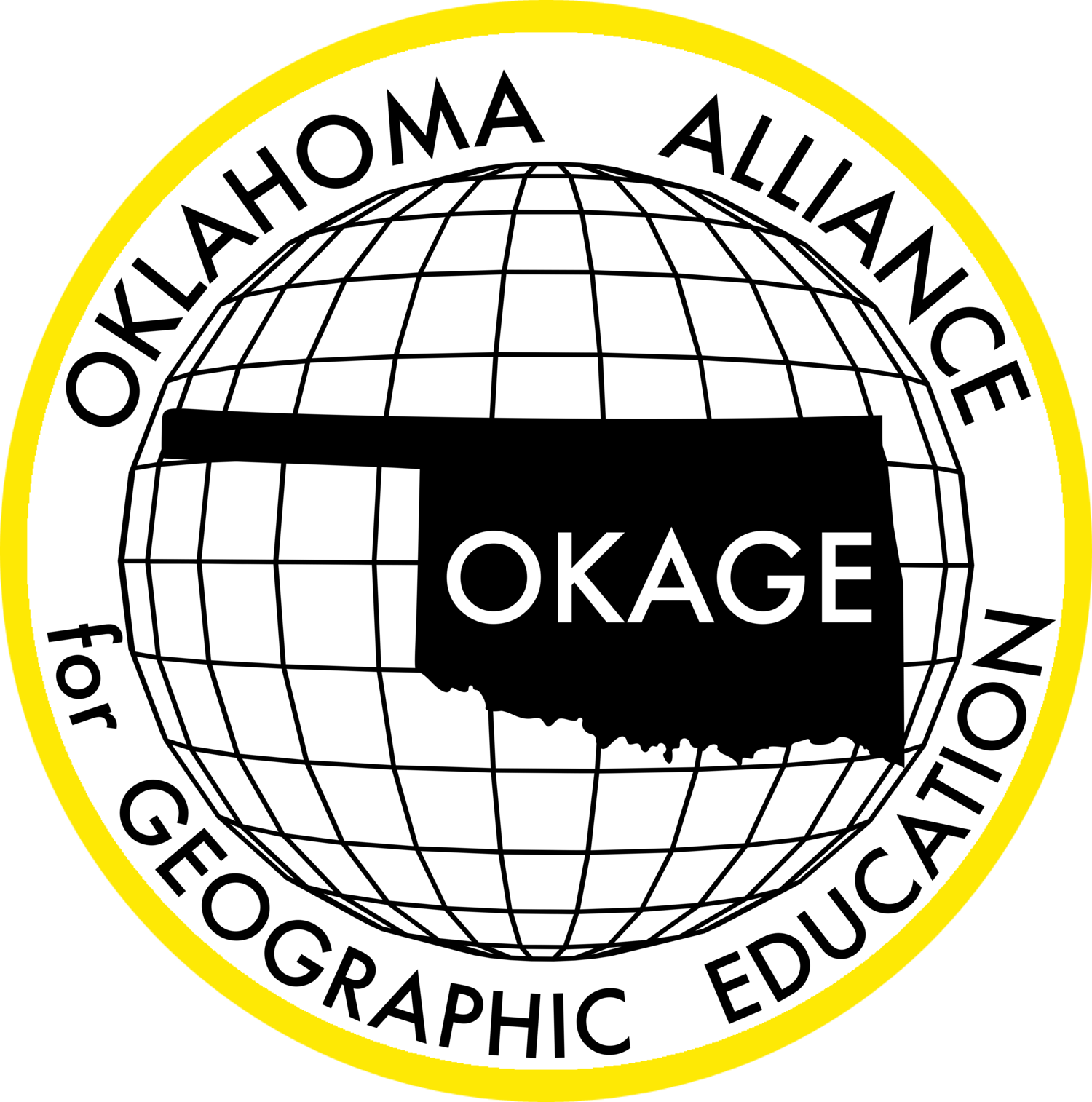Mining Pollution: A Worldwide Problem
Description: The student will recognize the long-term costs and consequences of industrial waste on environmental and on human health by studying three separate sites suffering from mining waste toxins.
Grade level(s): Middle School Standards: N/A
Produced By: Janet Hall
Garbage: A Recycling Love Story
Lions, Tigers and Bears: The Dilemma of Ecotourism
Description: The objective of the lesson is to investigate the role and effectiveness of wildlife preserves, utilizing a micro-case study from Kenya and making connections to a variety of ecosystems through an online global tour of significant wildlife preserves. Using the essential and supporting questions, students will analyze the advantages and disadvantages of current environmental protection efforts in order to make recommendations regarding a proposed wildlife preserve in Antarctica.
Grade level(s): Middle School, High School
Standards: OAS, GFL
Produced By: Pam Merrill
Rio Platano
Description: The objective of the lesson is to provide an in-depth study of Central America’s most important biosphere - the Rio Platano Reserve and its necessity to the survival of both humans and wildlife. Using the essential and supporting questions, students will analyze the perspectives of major groups who seek to utilize the natural resources of the Rio Platano, followed by engagement in a simulated regional conference of stakeholders. A comparative micro-study of the impact of unsustainable use of the monarch butterfly’s habitat in Mexico provides an optional enrichment opportunity for students. In addition, an extension mini-lesson provides an overall understanding of why wildlife preserves are established, how government policies attempt to protect species, and how individuals can be responsible stewards of their environments.
Grade level(s): Middle School
Standards: OAS, GFL
Produced By: Pam Merrill
Water, water everywhere, but not a drop to drink
Saving the Mediterranean Sea
Ecotourism: Are you a tacky tourist or an eco tourist?
Human Trafficking - I want my freedom!
Universal Rights of the Child to Remain with Their Parents
Description: The ability to evaluate controversial issues is an important life skill of citizenship for all individuals. Using age appropriate lessons, teachers can help students learn how to use critical inquiry and higher levels of thinking to gain an understanding of sensitive issues, the stakes and stakeholders involved, and relevant viewpoints. In this lesson, students will learn about UNICEF’s Rights of the Child, focusing on the right of children to remain with their parents (with exceptions being in cases of abuse, neglect, or specific parental custody placement). Using examples from past history, as well as current events, students will gain an understanding of consequences when this right is violated, and respectfully participate in discussions with others when different viewpoints are expressed.
Grade level(s): Elementary, Middle School
Standards: GFL, OAS
Produced By: Lynn Tilley
Lives on Hold: Teaching the Refugee Crisis
Description: More people today have been forced to flee their homes by conflict and crisis than at any other time since World War II. Through this collaborative, hands-on lesson, students will simulate facets of involuntary migration and displacement. The resources provided allow students to engage with authentic situations experienced by asylum seekers, helping them to better empathize with and understand the plight of refugee families.
Grade level(s): Middle School Standards: GFL, OAS
Produced By: Taylor Woodard
Developing Critical Literacy Skills While Examining Controversial Topics
The Deforestation Balancing Act
Description: The objective of the lesson is to examine the evidence linking deforestation to the controversial topic of climate change. Using the essential question, students will demonstrate an understanding of the causes of deforestation, including its role in global climate changes of the present and future. Students will conclude their investigations in a simulated climate conference, during which they will utilize geographic information and facts to support their views toward this controversial topic.
Grade level(s): Elementary, Middle School
Standards: OAS, GFL
Produced By: Pam Merrill
Geography 101 LiveBinder
Description: This LiveBinder provides a crash course in teaching Geography. Topics include the Five Themes of Geography, using data and maps, population, GIS resources, and more!
Grade level(s): Elementary, Middle School, High School
Standards: OAS, GFL
Produced By: Pam Merrill
Teach a Man to Fish - Controversies Surrounding Foreign Aid
Description: Students will analyze the major controversies surrounding the rationale and impact of foreign aid to developing regions in order to formulate informed opinions and effectively engage in deliberations regarding financial assistance to growing economies.
Grade level(s): Middle School, High School
Standards: GFL, OAS
Produced By: Pam Merrill
Rich or Poor: Barriers and Paths to Development
Description: Students will examine basic reasons why some nations and regions develop while other do not, including analysis of the factors used by geographers to measure human development and two opposing models toward development, historically and currently utilized by developing nations’ leadership toward reaching economic progress. Use of real-world families from selected developed and developing regions serve as the catalyst for student investigations.
Grade level(s): Middle School, High School
Standards: GFL, OAS
Produced By: Pam Merrill
Gridiron Geography - 2018
Description: Using the Big 12 Football schedule as a guide, your students will learn about the geographical and historical significance surrounding the participating teams' campuses, home cities or towns, home states, mascots, players, and more!
Grade level(s): Upper Elementary, Middle School, High School
Standards: GFL
Produced By: Ginny Rohr, Jeff Woolsey, Pam Merril, Janet Hall, Jeffery Widener, LeaAnn Wyrick, Jacob Rosecrants, and Brenda Chapman.
Dust to Dust: The Changing Face of a Desert
Description: The study of geography, history, and the social studies in general, provide ample opportunities for students to evaluate the positive and negative consequences of human modification the Earth’s surface through the use of limited and non-renewable resources. This lesson focuses on the ways imported technology rapidly transformed the arid environment of the Arabian Peninsula, only to be transformed again by human mismanagement of fossil aquifers just a few decades later.
Grade level(s): Middle School Standards: OAS, GFL
Produced By: Pam Merrill
Urbanization in India: Push and Pull Factors
Will You be the Next Spymaster?
Description: Participants will enter the shadowy world of spy agents and covert missions while learning process and literacy skills, map skills, and key details of the Revolutionary War. They will read for understanding, analyze primary source documents and maps, and make inferences about the Revolutionary time period, while at the same time trying to outwit and out-spy their opponents.
Grade level(s): Elementary
Standards: GFL, C3
Produced By: Teresa Potter





















